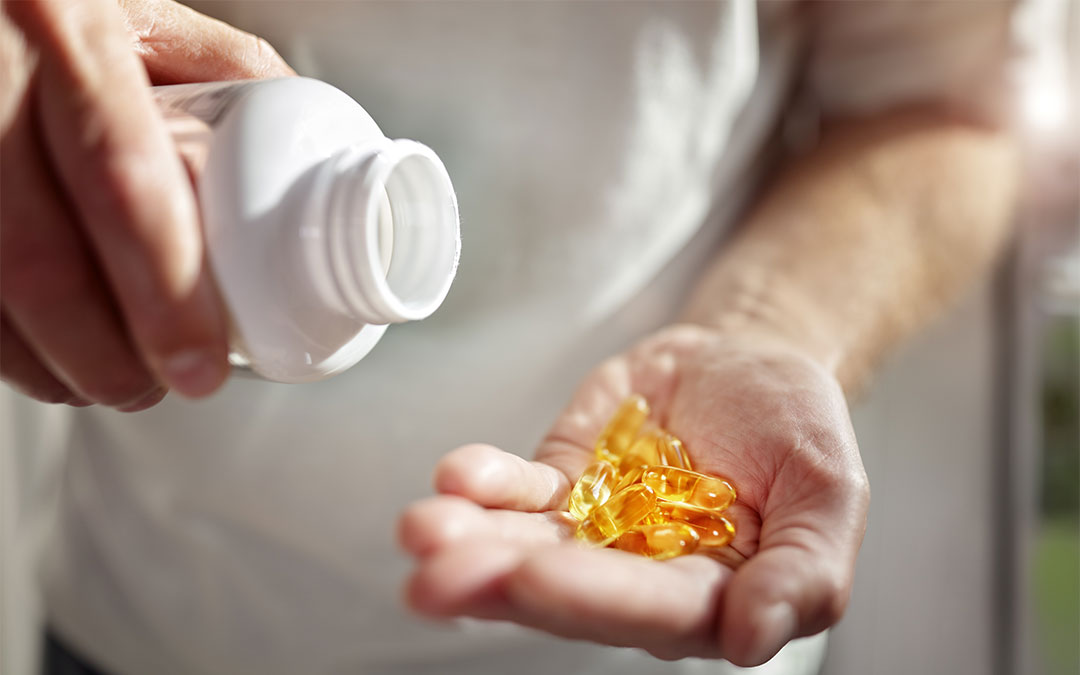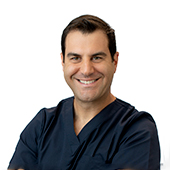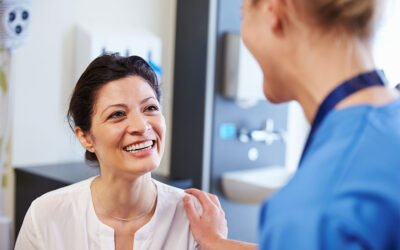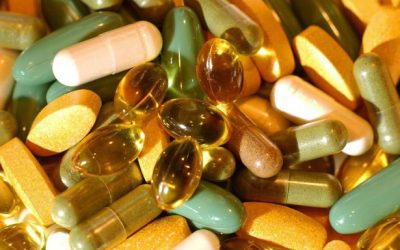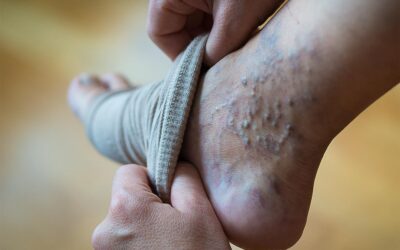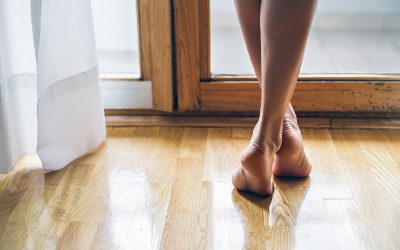We have spoken in the past about whether natural home remedies can help relieve or heal varicose veins. Read more about it here. Those remedies were made from fridge or pantry staples, but what about the supplements you can buy at the health food shop or online? Are pills effective on varicose veins?
If you’ve ever Googled for help with your varicose vein or spider vein, no doubt you will have seen some of the tonics and tablets available promising to reduce the varicose vein symptoms, “support blood vessel health”, and “rapidly reduce venous congestion”. Usually, they are composed of food extracts (or flavonoids).
What are the claims?
Some of the most common flavonoids marketed for venous insufficiency are Horse Chestnut and Grape Seed Extract. Let’s look at some of the claims.
- Grape Seed extract – “helps poor circulation”, “reduce pain and swelling associated with varicose veins”
- Horse Chestnut seed extract – “thins the blood”, “makes it harder for fluid to leak out of veins”, “promotes fluid loss through the urine (to reduce swelling)”.
- Pot Marigold – “heal sores”, “helps dermatitis.”
- Prickly Ash – “encourages blood flow”
- Butcher’s Broom Root – “cause the blood vessels to narrow or constrict”, “improve blood circulation in the legs by preventing blood from pooling in the veins”.
The nitty-gritty
A systematic review (12 November 2019) of research studies (randomised, double-blind, placebo-controlled trials) that address flavonoids to treat varicose veins found limited evidence that food extracts are effective on symptoms of varicose veins. In the study, they refer to phlebotonics, which encompasses plant extracts and synthetic compounds (rutosides, hidrosmine, diosmine, calcium dobesilate, chromocarbe, Centella asiatica, disodium flavodate, French maritime pine bark extract, grape seed extract, and aminaftone).
Here are some of the conclusions of the review:
- Swelling/oedema: 13 studies (involving 1245 people) suggest taking flavonoids may slightly reduce puffiness compared with placebo.
- Quality of life: When measuring quality of life, moderate-certainty evidence suggests that there is little or no difference in the quality of life for people taking phlebotonics when compared with placebo.
- Venous ulcers: Low-certainty evidence suggests there is little or no difference in the healed ulcers when phlebotonics are compared with placebo.
- In fact, “moderate-certainty evidence from 37 studies (involving 5789 people) suggests that phlebotonics probably produce more side effects, especially gastrointestinal disorders.”
- Of the studies included in the review, only short-term efficacy and safety data were provided. So, we cannot know what the middle- and long-term efficacy and safety of taking a herbal remedy for varicose veins are.
What we do know, is that none of these treated the cause of the symptoms, the varicose veins themselves. When patients stopped taking the flavonoids, the severity of the symptoms returned. It is important to remember the cause of the symptoms you may be wishing to treat with over-the-counter supplements. For example, venous eczema happens when blood pools in a vein, the buildup of blood pressure pushes blood into the surface capillaries, and the skin around it begins to break down. It feels irritated, itchy, and can look dry and scaly. The ultimate cause of this is the underlying varicose vein. Until the vein itself is treated, venous eczema will continue and likely worsen.
Treatment of Varicose veins
Varicose veins are often hereditary, but you may also have risk factors such as extended periods on your feet (at work, etc), hormonal fluctuations (pregnancy, menopause, etc), age, and more. Once the damage is done, the veins do not heal by themselves. The latest medical interventions include treatments that deliberately damage the interior vein wall, so it can seal closed, and begin to heal and be reabsorbed into the body. Treatments use different methods to achieve this, some by injecting a glue or sclerosant, some by injuring the interior of the vein wall with a laser or radiofrequency energy. Ultimately, this means the vein is treated for good, and the blood flow reroutes to other nearby veins.
Further veins can develop with time, as venous disease is often a progressive condition, which may require monitoring as years go by. But proper treatment by a phlebologist means you’ll receive the best care, and the condition will be monitored so it will not develop into painful complications (ulcers and blood clotting) as you age.
Without medical intervention, varicose veins do not repair themselves. Flavonoids have low (if any) efficacy, carry the risk of stomach disturbance, and are only a band-aid solution. Not a permanent treatment of a progressive and painful condition.
Key takeaways
- Flavonoids (or food extracts) making claims to treat the symptoms of venous insufficiency include Grape Seed Extract, Horse Chestnut Extract, Pot Marigold, Prickly Ash, and Butcher’s Broom Root.
- A systematic review of studies found that there is little-to-no efficacy of these supplements on the symptoms of varicose veins. There is a small amount of evidence that some can help with swelling. However, most are more likely to cause a stomach upset rather than fix your veins.
- Phlebotonics/flavonoids do not treat the underlying cause of the painful symptoms, so it can only ever be a band-aid solution. Varicose veins do not right themselves without medical intervention.
- Treatments for varicose veins include endovenous laser ablation (EVLA), ultrasound guided sclerotherapy, VenaSeal (medical adhesive), and radiofrequency ablation.

